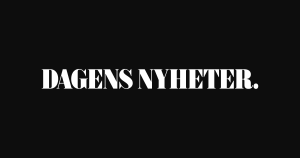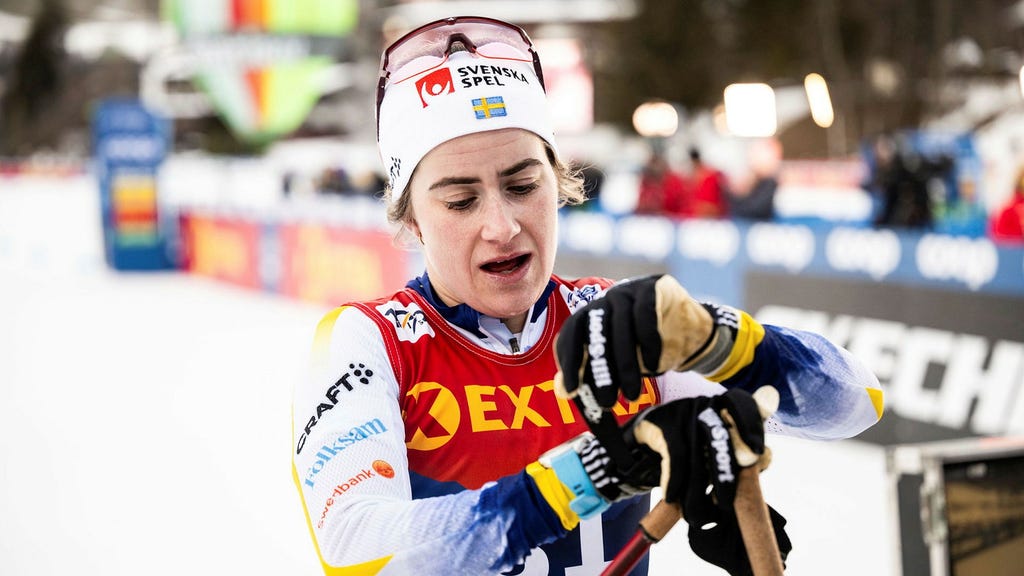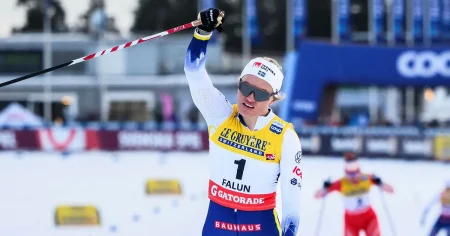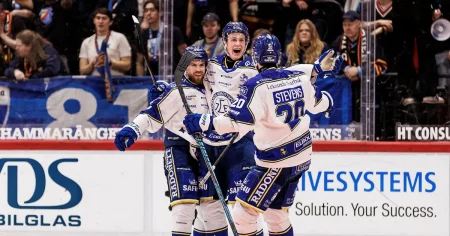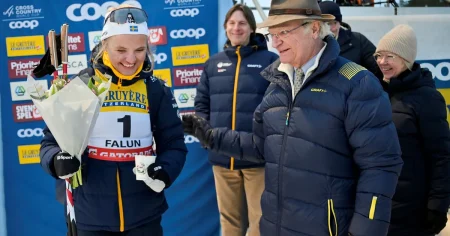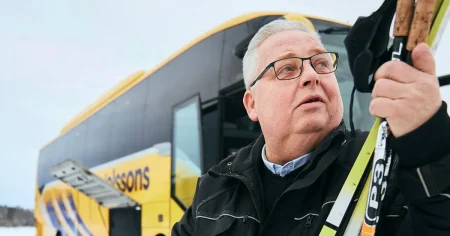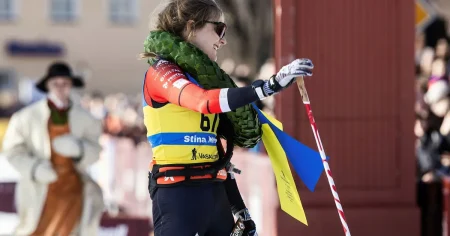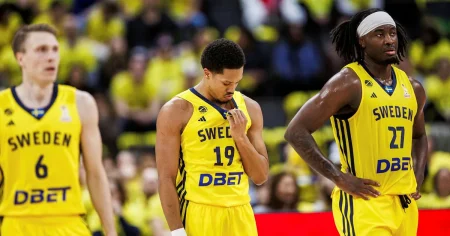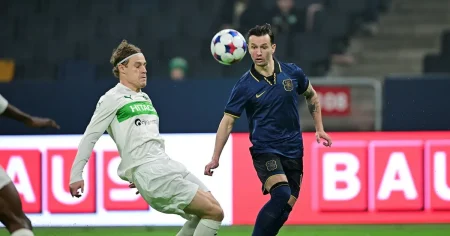A Disappointing Day for Ebba Andersson in the Tour de Ski
The third stage of the Tour de Ski, a 20-kilometer individual freestyle race in Toblach, Italy, proved to be a challenging one for Swedish skier Ebba Andersson. Considered a strong contender before the race, Andersson struggled from the outset, falling significantly behind the leaders early on. She ultimately finished in a disappointing 33rd place, a staggering 2 minutes and 38 seconds behind the stage winner, Astrid Øyre Slind of Norway. A visibly frustrated Andersson expressed her bewilderment at her poor performance, stating that despite her best efforts, she was unable to generate the necessary speed. She dismissed questions about her skis, emphasizing her uncertainty about the reasons for her struggles. Former skiing star Therese Johaug, now a commentator, expressed sympathy for Andersson, acknowledging her frustration and emphasizing that such a low placement was not reflective of her true abilities.
Moa Ilar Shines as the Top Swedish Skier
While Andersson faltered, her teammate Moa Ilar delivered a strong performance, finishing in eighth place, 58 seconds behind the winner. Ilar expressed satisfaction with her result, providing a bright spot for the Swedish team amidst Andersson’s struggles. Other Swedish skiers Linn Svahn, Moa Lundgren, and Märta Rosenberg finished 21st, 25th, and 46th, respectively. The race also saw a dip in form for overall Tour de Ski leader Jessie Diggins of the United States. After winning the first two stages, Diggins struggled in the third, finishing sixth but managing to retain the overall lead, albeit with a reduced margin. Finnish skier Kerttu Niskanen finished third in the stage and remains close behind Diggins in the overall standings.
Illness Continues to Plague the Swedish Team
The Swedish team faced further setbacks as Maja Dahlqvist withdrew from the Tour de Ski due to cold symptoms, joining Johanna Hagström, who had previously withdrawn for the same reason. This left only five Swedish skiers competing in the third stage. The Tour de Ski continues on New Year’s Day with a 15-kilometer pursuit race, starting based on the times from the third stage.
Analyzing Ebba Andersson’s Performance
Ebba Andersson’s unexpected struggles raise questions about the factors contributing to her significant drop in form. While she dismissed equipment issues, it is possible that her skis were not ideally suited to the conditions. Other potential factors include illness, fatigue, or simply an off day. The demanding nature of the Tour de Ski, with multiple races in quick succession, can take a toll on athletes, both physically and mentally. Andersson’s frustration suggests a deeper underlying issue, perhaps related to her overall form or training leading up to the tour. Her inability to pinpoint the cause of her struggles adds to the complexity of the situation.
The Impact of Illness on the Swedish Team
The withdrawals of Dahlqvist and Hagström due to illness highlight the challenges faced by athletes during a demanding competition like the Tour de Ski. Colds and other illnesses can spread quickly within a team, especially given the close proximity and shared travel arrangements. The loss of two key skiers weakens the Swedish team’s overall chances and places greater pressure on the remaining athletes to perform well. Managing athlete health and preventing the spread of illness is crucial for success in such multi-stage events.
Looking Ahead to the Pursuit Race
The upcoming 15-kilometer pursuit race presents an opportunity for skiers to make up ground or solidify their positions in the overall standings. The staggered start, based on the time gaps from the third stage, creates a dynamic and exciting race format. Skiers like Ebba Andersson will be looking to bounce back from their previous disappointments, while those currently in the top positions will aim to maintain their advantage. The pursuit format adds a tactical element to the race, as skiers must manage their pace and energy while also considering the positions and strategies of their competitors. The pursuit promises to be a pivotal stage in the Tour de Ski, with potentially significant shifts in the overall standings.




